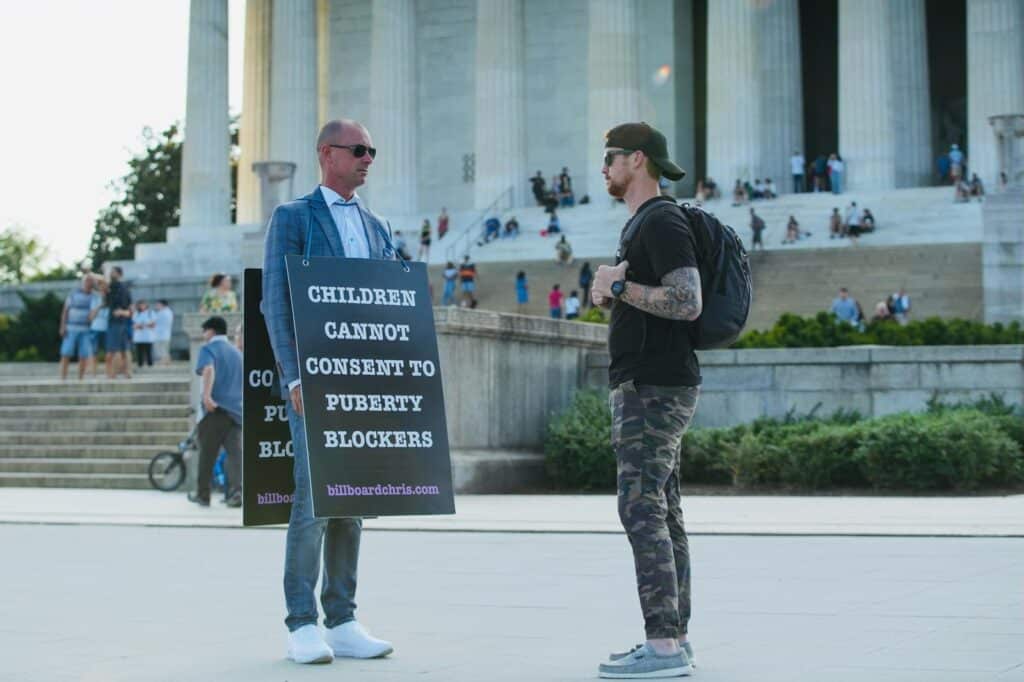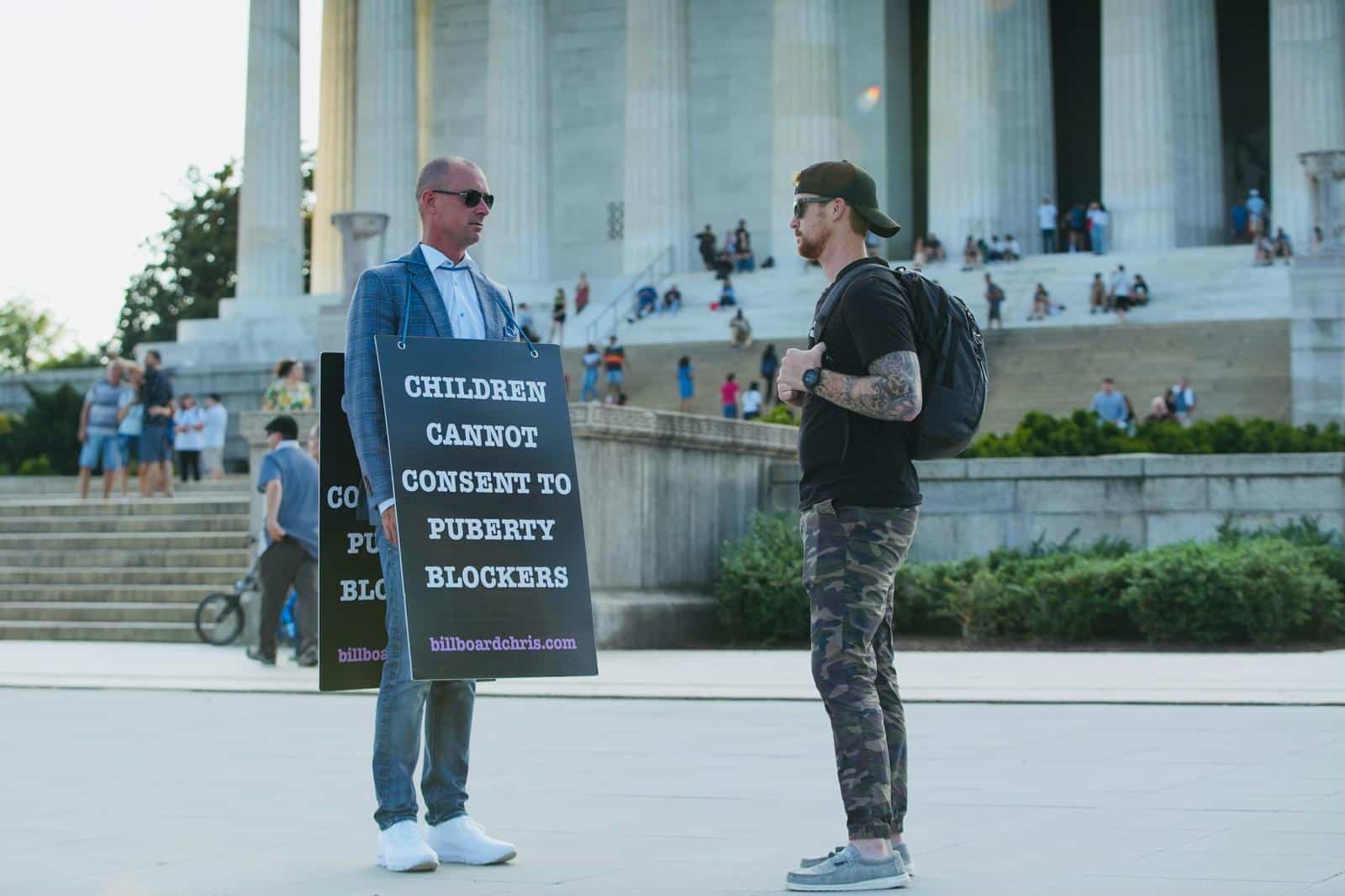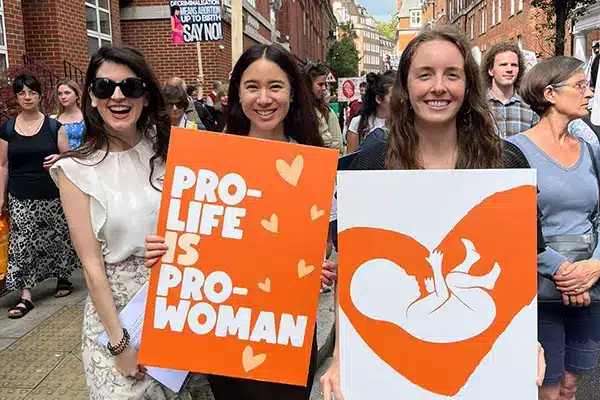Investigative report by the House Judiciary Committee exposes Australian “eSafety Commissioner” Julie Inman-Grant’s co-ordination with international bodies to censor lawful online speech
eSafety Commissioner lost battle to censor post using biologically-accurate pronouns against Musk, Billboard Chris this week

Washington/Sydney (2 July 2025) – The Australian government’s authority to censor opinions expressed on “X” is under scrutiny after an investigation by the U.S. House Judiciary Committee into the activities of Australia’s “eSafety Commissioner”, Julie Inman-Grant.
The groundbreaking report into international state censorship highlights concerns only days before news broke of a legal win for free speech against the same State Office.
“This is a decisive win for free speech and sets an important precedent in the growing global debate over online censorship."
- Paul Coleman, Executive Director of ADF International, which co-ordinated Elston's legal case
Elon Musk’s “X”, and children’s safety campaigner Chris Elston (“Billboard Chris”), challenged the eSafety Commissioner’s decision to censor a tweet using biologically-accurate pronouns to describe a trangender activist appointed to an “expert” position on gender at the WHO.
Elston’s post was deemed “cyber abuse” by Australia’s eSafety Commissioner, which ordered X to remove the content. X initially refused, and later geo-blocked the post in Australia.
Both X and Elston challenged the order, arguing that the censorship was a violation of the fundamental right to free speech. Elston’s legal challenge was coordinated by ADF International, in conjunction with the Human Rights Law Alliance in Australia. The Administrative Review Tribunal in Melbourne held a week-long hearing on the case commencing March 31, 2025.
The Tribunal found that the eSafety Commissioner made the wrong decision in determining Elston’s post was “cyber abuse” and set aside the decision.
In his finding, Deputy President O’Donovan noted compelling words from Elston’s own testimony to evidence his satisfaction that Elston was not engaging in abuse, but rather, expressing his deeply-held convictions about biological truth:
“He [Chris] does not believe that a man can transition to being a woman or vice versa. He summarises his position as follows:
“Because I believe that sex is immutable, I am personally convicted that I will not use incorrect pronouns to describe any person, including trans-identifying people who identify as the opposite sex. I will use their preferred names, but I only use sex-based pronouns, because I don’t think it is loving, progressive, or ethical to lie to a person and affirm that they are something that they are not. I believe that calling a man a woman (and vice versa) is not only untrue, but also has implications for the rights and safety of women and children.”
[141] “I am satisfied that it is his universal practice to refer to a transgender person by the pronouns that correspond to their biological sex at birth. I am also satisfied that when he classifies a person as either a man or a woman, he determines which classification to use by reference to their biological sex at birth, rather than the gender related characteristics that they currently express. I am satisfied that he believes doing otherwise has implications for the rights and safety of women and children…”
In May, the U.S. State Department condemned the eSafety Commissioner’s actions as part of a broader global trend toward coercive state censorship.
U.S. Government reports concerns about international censorship efforts
The new report released this week from the House Judiciary Committee reveals new evidence showing how an international WEF-linked advertising consortium, the “Global Alliance for Responsible Media” (GARM), leveraged its vast advertising power to coordinate censorship efforts. The GARM was found to be working not only with major global advertisers, but also with foreign regulators, including Australia’s eSafety Commissioner Julie Inman‑Grant, to suppress disfavoured online speech.
In published emails, the report shows that Australia’s eSafety Commissioner Julie Inman‑Grant explicitly relied on GARM’s insights, stating it “ha[d] some very powerful levers at [its] disposal” and requesting updates to inform her regulatory decisions.
The Committee’s report concludes that GARM’s coordinated international efforts—with its commercial might and foreign regulator collusion—constrain citizens’ ability to access content freely, contravening free speech principles, undermining consumer choice, and posing serious antitrust concerns.
Comments and reactions
Reacting to the ruling upholding his freedom to speak the truth on “X”, children’s safety campaigner Chris “Billboard Chris” Elston said:
“I’m grateful that truth and common sense have prevailed.
“This decision sends a clear message that the government does not have authority to silence peaceful expression.
“My mission is to speak the truth about gender ideology, protecting children across the world from its dangers.
“With this ruling, the court has upheld my right to voice my convictions—a right that belongs to every one of us.
My post should never have been censored in Australia, but my hope is that authorities will now think twice before resorting to censorship”.
Paul Coleman, Executive Director of ADF International, which co-ordinated Elston’s legal challenge said:
“This is a decisive win for free speech and sets an important precedent in the growing global debate over online censorship.
“In this case, the Australian government alarmingly censored the peaceful expression of a Canadian citizen on an American-owned platform, evidence of the expansive reach of censorial forces, even beyond national borders.
“Today, free speech has prevailed. This is a victory not just for Billboard Chris, but for every Australian—and indeed every citizen who values the fundamental right to free speech.”
In a post responding to the news, “X” Global Government Affairs Team said:
“In a victory for free speech, X has won its legal challenge against the Australian eSafety Commissioner’s demand to censor a user’s post about gender ideology or face an approximately $800,000 AUD fine. The post is part of a broader political discussion involving issues of public interest that are subject to legitimate debate. This is a decisive win for free speech in Australia and around the world. X will continue to fight against coercive state censorship and to defend our users’ rights to free speech.”
Images for free use in print or online in relation to this story only
Pictured: Chris Elston; Chris Elston with ADF International’s Lois McLatchie Miller at the Sydney Opera House; Chris Elston with the ADF International team who co-ordinated his legal case





